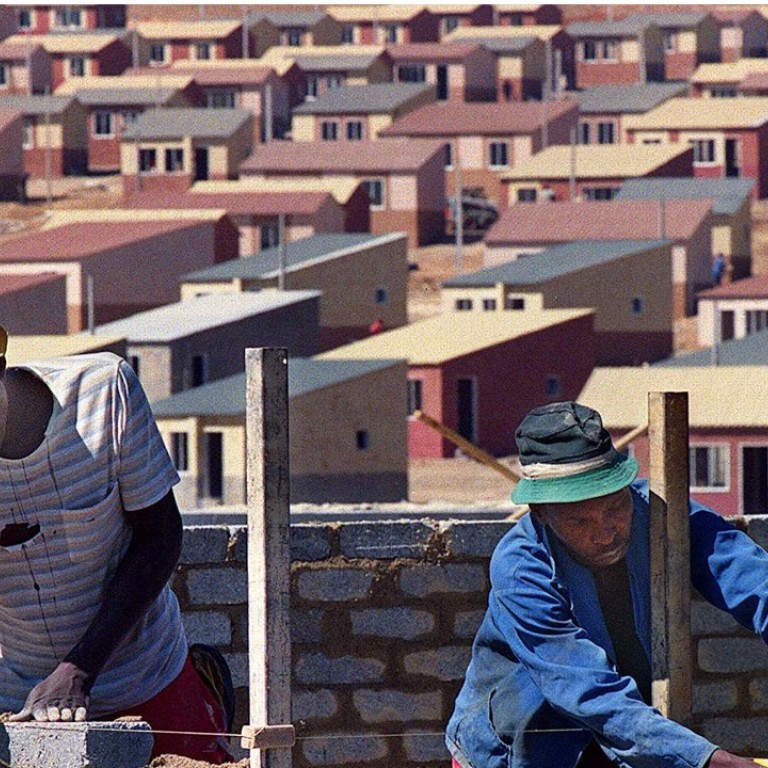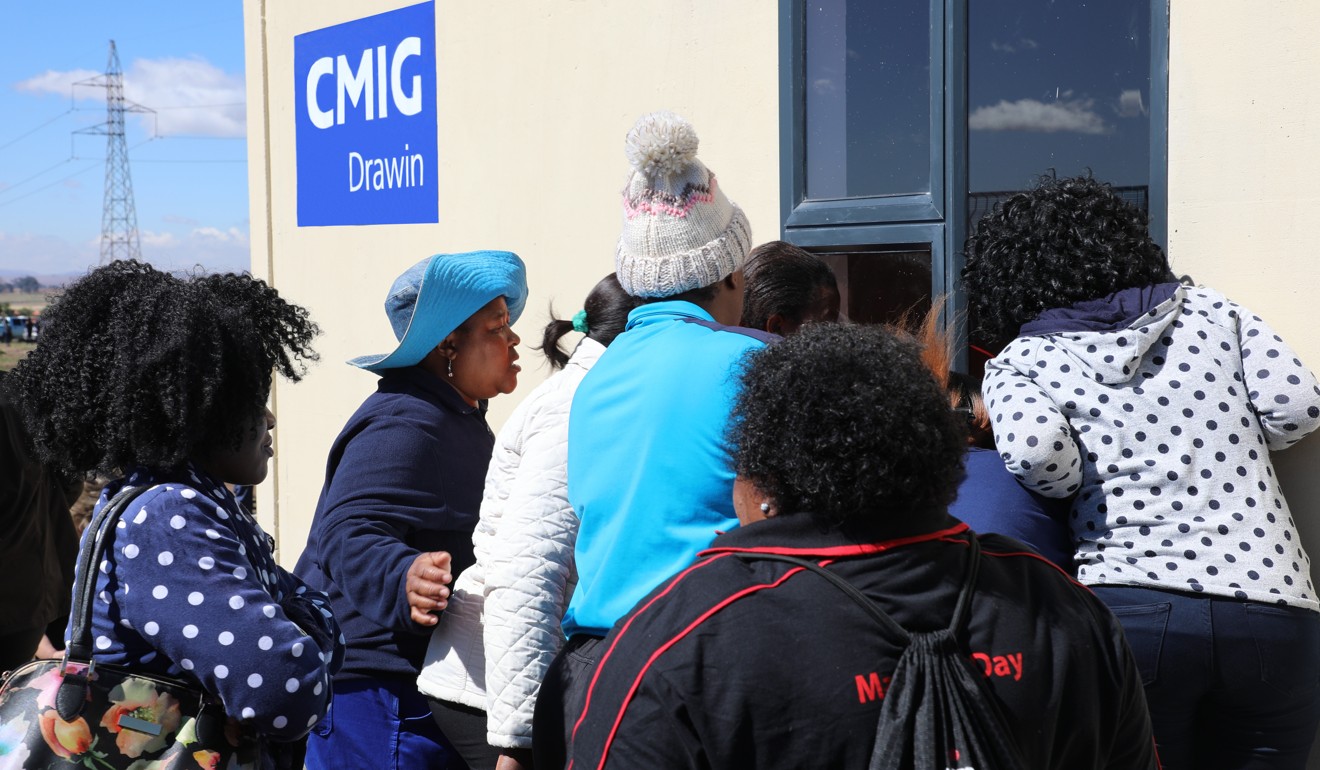
Minsheng Investment’s building arm seals US$1.29bn South African affordable homes deal
China Minsheng Drawin Technology has already landed construction contracts worth about 30 billion yuan domestically, and 5 billion yuan abroad
China Minsheng Drawin Technology, a subsidiary of the mainland’s largest non-state investment conglomerate, has secured an 8.5 billion yuan (US$1.29 billion) contract to build affordable homes in South Africa – a significant initial step, the company says, in securing more international deals.
Yin Jun, its president, said the prefabricated construction specialist – which is owned by China Minsheng Investment Group (CMIG) – has a batch of new multi-billion-yuan overseas projects in the pipeline. By September, it had won construction contracts worth about 30 billion yuan domestically and 5 billion yuan abroad.

The international deals fall under China’s economic programme the “Belt and Road Initiative”, launched by President Xi Jinping in 2013, which hopes to deliver hundreds of infrastructure projects which will grow trade by rail, road and sea with 65 other countries.
“We aim to wield our influence worldwide using the prefabricated technologies we have developed,” said Yin. “We are highly confident China is in a front-runner position in building such properties, and can compete well against global rivals.”
He said Drawin beat several state-owned Chinese constructors in winning the bid to build the planned residential complexes in Gauteng province, South Africa, and that 1,000 new jobs would be created by the project.
Drawin will transfer its own production facilities to South Africa and expects to start construction of another 7 billion yuan soon, he added.
Prefabricated construction technology involves the use of factory-made components or units that are transported to the construction sites, and assembled on-site.
The technology is believed to be more cost-efficient and helps shorten the whole construction process. It’s been a core of CMIG’s activities over the past three years.
CMIG itself was the brainchild of Chinese Premier Li Keqiang, who hoped the investment group could breed new life into the country’s entrepreneurial community and drive growth among the country’s privately owned businesses.
It was initially dubbed, however, as nothing more than a copycat of the mainland’s sovereign wealth fund, China Investment Corp, which has the specific purpose of breaking up the monopolies of some of China’s now out-dated, state-owned industrial juggernauts.
“Outside China, we need to overcome a bunch of technical barriers to win more construction projects,” said Yin.
He added Drawin was also in discussion over potential deals in more than 10 countries along the trade routes, including in Malaysia, Pakistan, Myanmar and Mongolia.
The World Bank predicts the number of urban residents in Africa will more than double to 1 billion by 2040, ushering in strong demand for homes and public facilities.

